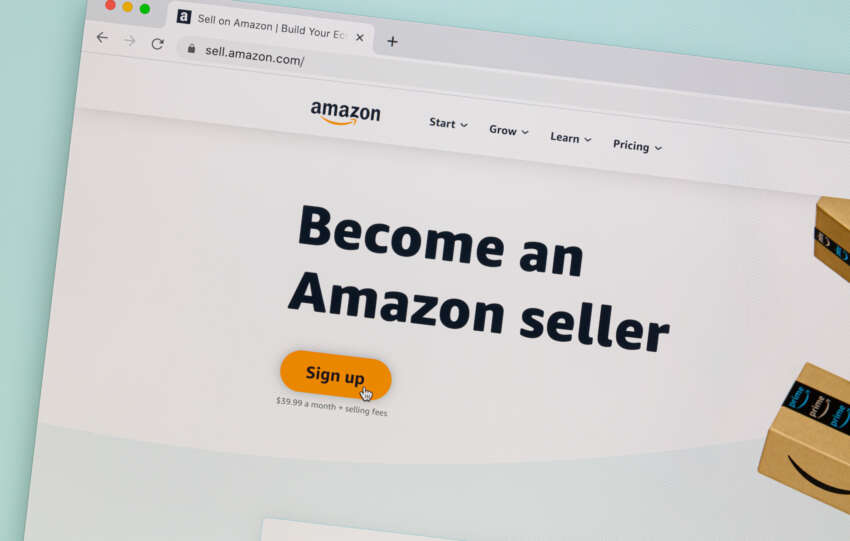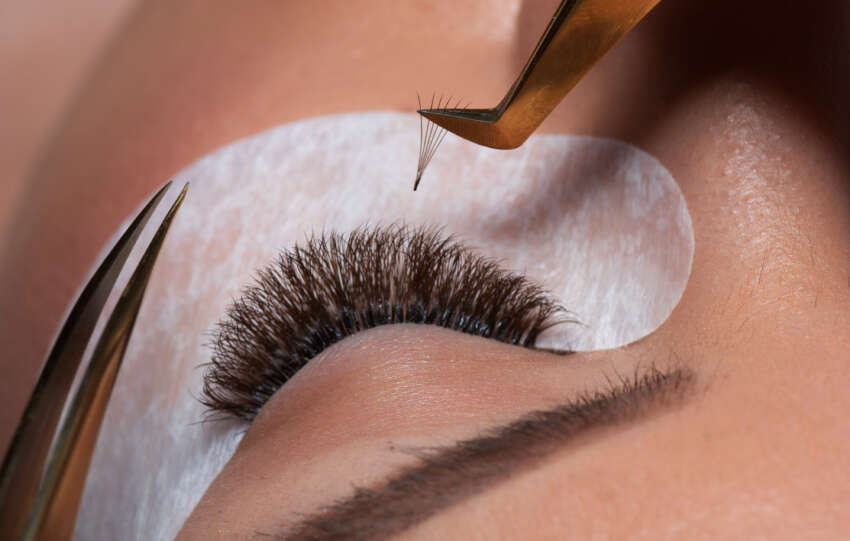How to Start a YouTube Channel: 7 Step Guide for Beginners

YouTube isn’t just a video platform—it’s a launchpad for creators, side hustlers, and full-time entrepreneurs. Whether you want to vlog, teach, entertain, or just share your thoughts with the world, learning how to start a YouTube channel is one of the best (and most affordable) ways to build your personal brand in 2025.
And here’s the good news: You don’t need fancy gear or thousands of followers to start. What you do need is a plan—and that’s what this guide is for.
Let’s break it down.
Table of Contents
How to Start a Youtube Channel
Step 1: Define Your Channel’s Purpose
Before you even create your account, ask yourself:
What do I want this channel to be about?
YouTube rewards consistency. That doesn’t mean you can’t be creative—but having a niche or focus helps you attract a loyal audience.
Here are some questions to help define your channel:
- What topics do I love talking about?
- Is this for fun, education, income—or all three?
- Who’s my ideal viewer?
Popular YouTube niches in 2025:
- Personal finance & budgeting
- Productivity & self-improvement
- Gaming and livestreaming
- Travel and vlogging
- AI tools & tutorials
- Tech reviews
- Fitness & health
- Home DIY & design
Pick what lights you up and what you can create consistently.
Need Extra Funds?
Side Hustles That Pay Daily
Find the best side hustles that provide instant payouts and fast cash.
🤑Is Freecash Legit?
Get a detailed breakdown of Freecash and see if it’s a real way to make money online.
💰Kashkick Review: Can You Really Earn Cash?
Explore how Kashkick works and whether it’s worth your time.
Step 2: Set Up Your YouTube Channel
Once you’ve picked a direction, it’s time to set things up.
Here’s how to create your channel:
- Sign in to YouTube with your Google account.
- Click your profile photo in the top right corner and select “Create a channel.”
- Add your channel name (pick something catchy or brandable).
- Upload a profile picture and banner image that represents your brand.
- Fill out your About section with what your channel is about, your upload schedule, and any relevant links (like your Instagram or website).
Pro Tip: Custom URLs become available after you hit 100 subscribers—so claim yours when the time comes.
Step 3: Get the Right Equipment (Without Overspending)
You do not need a $2,000 setup to start. You can get going with just your smartphone and natural lighting.
Here’s a simple beginner setup:
- Camera: Smartphone (iPhone or Android) or a basic webcam
- Mic: Lavalier mic ($20–$30) or USB mic for voiceovers
- Lighting: A ring light or sit near a window
- Editing software: Free options like CapCut, DaVinci Resolve, or iMovie
Start simple. Upgrade as you grow.
Step 4: Plan Your First 5 Videos
Planning ahead prevents you from staring at your screen thinking, “What should I post?”
Pick 5 video ideas around your topic. For example:
- “How I Save $1,000 a Month on a Low Income” (Finance)
- “3 Simple Desk Workouts You Can Do at Home” (Fitness)
- “Beginner’s Guide to ChatGPT in 2025” (Tech/AI)
- “My First Week as a Remote Worker” (Lifestyle/Vlog)
Batch record or outline them in one sitting to build momentum.
Step 5: Film, Edit, and Upload
When filming:
- Use good lighting (face a window if you can)
- Speak clearly and confidently
- Keep videos engaging—hook your viewers in the first 15 seconds
Editing doesn’t have to be fancy—just cut out pauses, add simple text overlays, and keep things moving.
Upload Tips:
- Title: Use keywords people are searching for (e.g., “How to Start a YouTube Channel in 2025”)
- Description: Summarize your video and include relevant links
- Tags: Use keywords related to your video (TubeBuddy or VidIQ can help)
- Thumbnail: Create eye-catching thumbnails with bold text and clear images (Canva is great for this)
Step 6: Promote and Grow Your Channel
YouTube’s algorithm rewards consistent posting and high engagement.
Here’s how to grow:
- Post consistently: Once a week is a great start
- Respond to comments: Build community
- Share your videos: Post on Instagram, Reddit, or niche Facebook groups
- Use YouTube Shorts: Short-form content gets massive reach in 2025
- Optimize your titles and thumbnails to improve click-through rate
And yes, it takes time—but those first 100 subscribers are the hardest. Keep going.
Step 7: Monetize (When You’re Ready)
Once you hit 1,000 subscribers and 4,000 watch hours, you can apply for the YouTube Partner Program to earn ad revenue.
Other ways to make money on YouTube:
- Affiliate marketing (drop links in your description)
- Sponsorships
- Selling a course or digital product
- YouTube memberships or Patreon
- Drive traffic to your blog, newsletter, or business
Wrapping Up
Starting a YouTube channel can feel intimidating—but perfection is not required. The most important thing is to start messy, stay consistent, and learn as you go.
Every big YouTuber once had zero subscribers too.
Frequently Asked Questions (FAQs)
How much does it cost to start a YouTube channel?
Starting a channel is free! You only need a Google account. Optional costs include equipment (like a mic or lighting), editing software, or design tools.
How long should my first YouTube video be?
Aim for 5–10 minutes for your first few videos. Enough to deliver value, but short enough to hold attention.
Can I start a YouTube channel without showing my face?
Absolutely. Many successful channels use screen recordings, voiceovers, animations, or stock footage.





